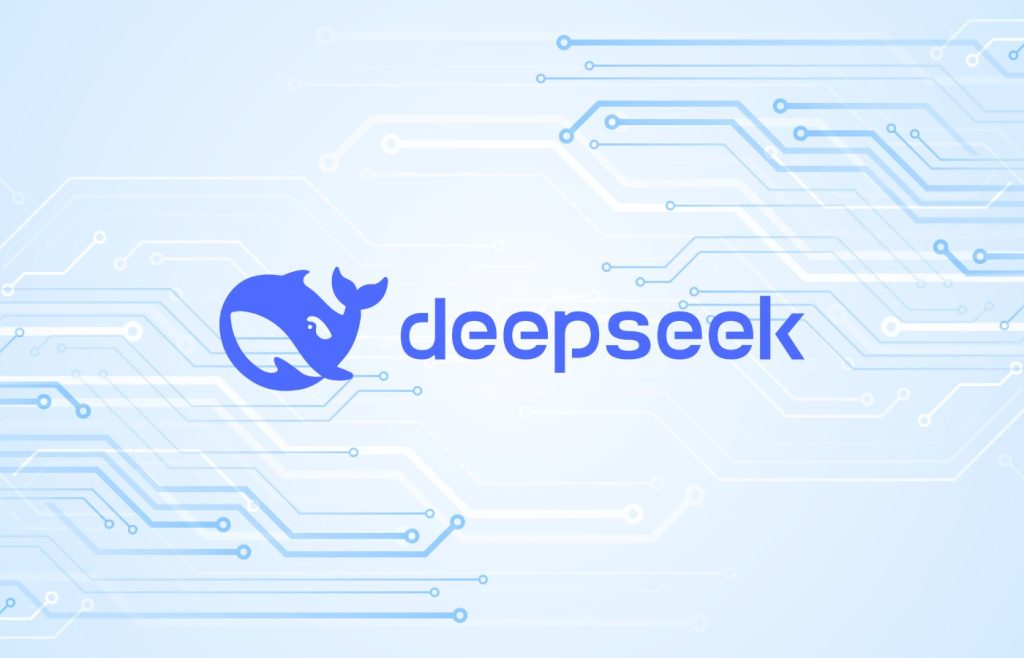

Chinese AI startup DeepSeek has postponed the launch of its anticipated R2 model after running into difficulties training the system with Huawei’s AI chips, according to a report first published by the Financial Times.
DeepSeek had been expected to release the R2 model in May, following the success of its R1 launch in January. Sources told the Financial Times that the company was urged by Chinese authorities to use Huawei’s Ascend processors instead of NVIDIA’s widely used chips.
But persistent technical issues slowed progress. The report states that the team eventually trained R2 using NVIDIA hardware, while retaining Huawei chips for inference, the stage at which a trained AI model generates responses or predictions.
To solve the problems, Huawei sent a group of engineers to work directly from DeepSeek’s offices. Despite the extra help, the Financial Times notes that “a successful training run could not be achieved on the Ascend chip,” citing people familiar with the matter.
These challenges, industry analysts say, highlight how Chinese chips still lag behind NVIDIA in certain critical areas, including software ecosystems, stability, and inter-chip connectivity speeds.
Industry impact and competition
The delay has given rival AI developers more room to grow. Alibaba’s Qwen3 and Moonshot AI’s Kimi K2 are now ranked among the world’s top open-source AI models, while DeepSeek’s usage numbers have slipped.
According to data cited by SCMP, visits to DeepSeek’s chatbot site dropped nearly 40% between February and July. Some cloud platforms also reported a decline in adoption, with one Beijing-based supply chain AI startup founder saying the company opted for a competitor’s model because DeepSeek’s was “too slow.”
No rush, but expectations are high
Analysts say that, unlike some AI companies, DeepSeek is not under immediate pressure to push out new releases to please investors, given its backing by one of China’s largest quantitative trading funds. Founder Liang Wenfeng has reportedly insisted on taking more time to produce an advanced model capable of sustaining the company’s lead in reasoning-focused AI.
Despite the current setback, experts believe Huawei’s AI ecosystem will eventually catch up.
“Just because we’re not seeing leading models trained on Huawei today doesn’t mean it won’t happen in the future,” Ritwik Gupta, an AI researcher at the University of California, Berkeley, told the Financial Times. “It’s a matter of time.”
DeepSeek has not confirmed a new release date; however, Chinese media reports suggest R2 could still launch “in the coming weeks.”

